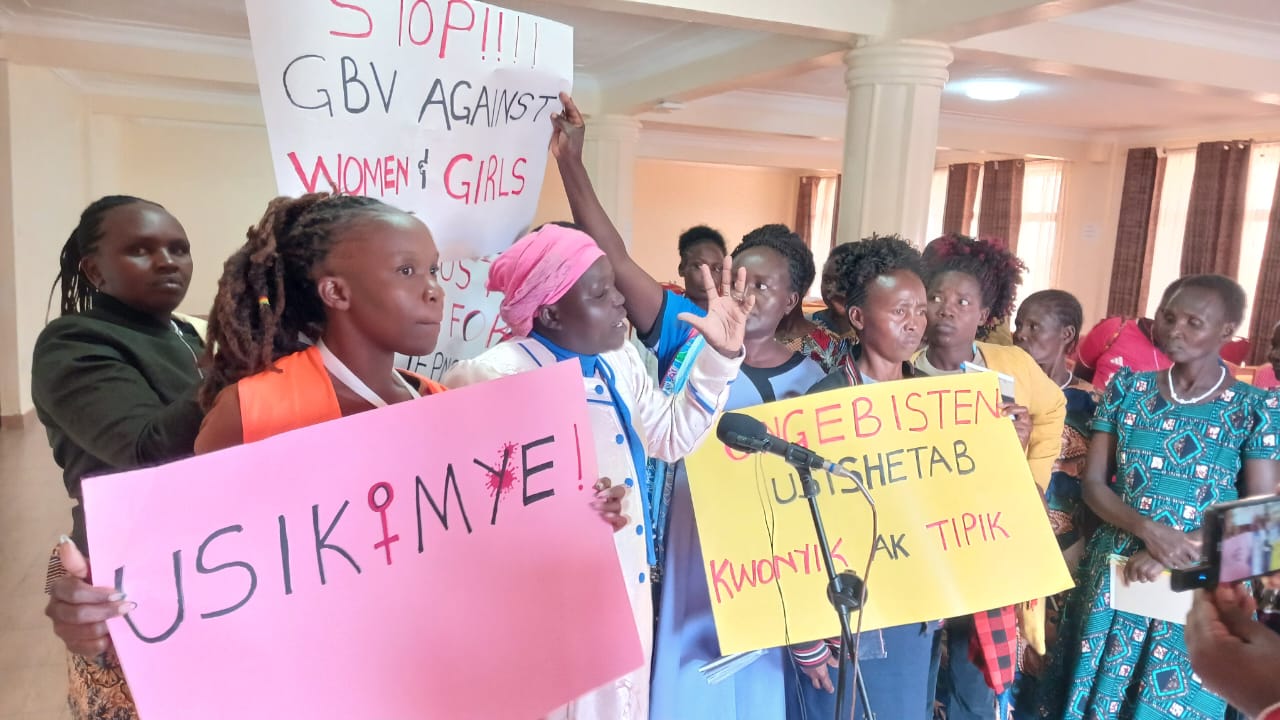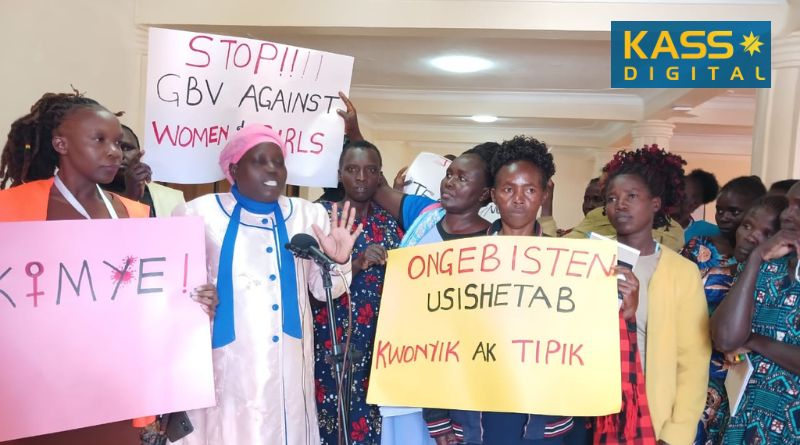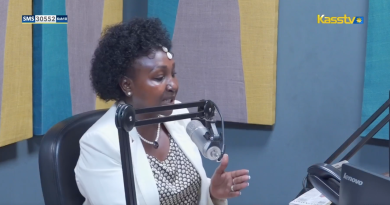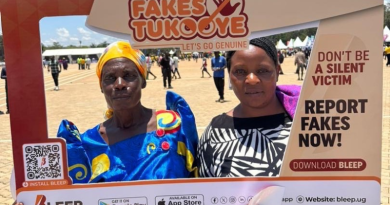Involve Us in Peace Restoration Programmes, Baringo Women Demand
By Tom Chepsoi
A section of women from Baringo county, where the echoes of gunfire have long scarred the tranquility of everyday life, have stepped forward from the shadows of conflict to demand their rightful place at the table of peace.
For too long, the narrative of banditry in Baringo has been dominated by the crackle of weaponry and the strategies of security forces. Yet, beneath the surface, women have borne the brunt of the violence, their lives interwoven with the very fabric of the communities torn apart by conflict.

Women from the hard-hit constituencies of Baringo North, Tiaty and Baringo South converged in Kabarnet and their shared their experiences and forged a potent bond. During the meeting organized by ActionAid, a resounding message emerged: women voices count.
As wives and mothers to many of the perpetrators and victims of banditry, they possess a unique perspective and an unparalleled capacity to influence change from within their communities.
Jenniffer Kibon, a representative from Tiaty constituency, articulated this crucial point with clarity. “For women to play a critical role in the restoration of peace,” she emphasized, “we must be involved.”

Kibon highlighted the disproportionate impact of conflict on women, children, and people living with disabilities, underscoring the urgent need for security agencies and non-governmental organizations to actively integrate women into all peace-building efforts. Their firsthand experience of displacement, loss, and trauma provides invaluable insight often overlooked in traditional approaches to conflict resolution.
Rulia Neline, Project Officer for ActionAid’s “Women Voices for Peace” initiative, explained the core philosophy behind the project. “The aim is to give women voice and empowerment,” she stated.
For far too long, the involvement of women in peace processes has been dismissed as inconsequential. However, Neline stressed, “they play a critical role in achieving peace through speaking with their children and husbands on the importance of peaceful coexistence.” This grassroots diplomacy, rooted in the intimate relationships of family and community, holds the potential to sow seeds of peace where conventional methods have failed.




